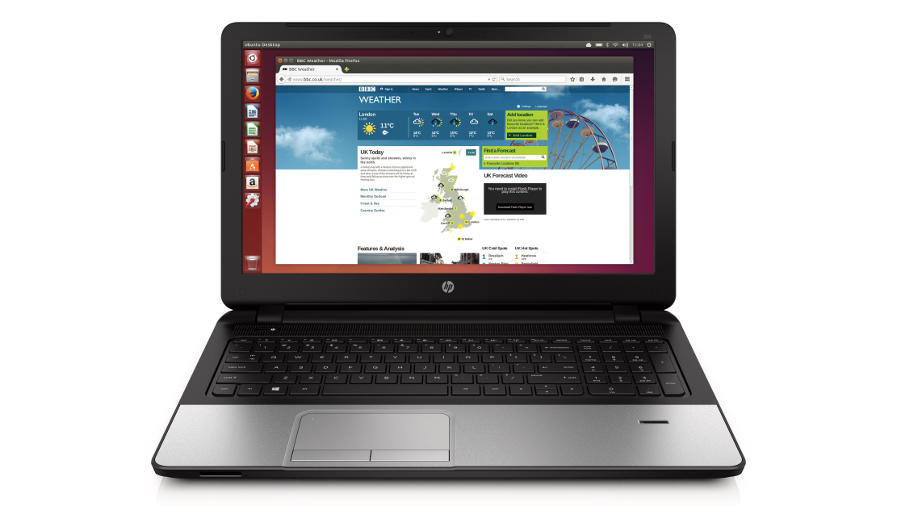
Ebuyer to sell HP laptops running Ubuntu
Canonical has partnered up with online retailer Ebuyer to sell a range of AMD-powered HP laptops that run Ubuntu.
There are three different 15.6in laptops available, the HP 255, 355 and ProBook 455, which are priced at £200, £250 and £300 respectively.

Debian 8 'Jessie' is here -- download the Linux distro now!
Another day, another Linux distribution. While many distros are yawn-worthy, Debian demands attention. The wildly popular operating system is used by many people, and it is used as a base for many projects. Most notably of late, Raspbian, the often-used operating system for the Raspberry Pi, is based on Debian.
Today, after a long wait, the operating system finally reaches 8.0 with a code name of "Jessie". This gender-neutral named Linux distribution has as ton of changes, with ISOs available featuring multiple desktop environments such as GNOME, KDE and Xfce to name a few. Will you try it?

Microsoft continues earning money from Linux -- increases patent licensing agreements
Many people -- let's call them 'haters' -- like to make fun of Microsoft's mobile market share with Windows Phone. True, the platform is a failure in this regard, but many users of the OS like it. Quite frankly, besides the lack of apps, Windows Phone is a rather smart and well-designed operating system.
If you choose to laugh at Microsoft over its mobile presence, feel free, but please know that Microsoft is laughing too; all the way to the bank. What you may not know is, Microsoft makes money from Android handset sales thanks to its patent portfolio. In fact, it also collects money from Chromebooks too. In other words, Microsoft is profiting from Linux, since both operating systems are based on the kernel. Today, Microsoft increases its number of patent licensing agreements, by making a deal with Qisda Corp.

Linux distro Fedora 22 Beta now available
Fedora is an awesome Linux distribution. Not only is this my distro of choice, and the favorite of many other users, but more importantly, it is the operating system that Linus Torvalds uses. Yes, the father of Linux and overall open source champion uses Fedora. The OS is notable for being the foundation and testing grounds of Red Hat Enterprise Linux (RHEL) too. No matter how you slice it, Fedora is both important and popular.
Today is finally the day, fellow Fedora lovers; after a long wait, the first beta of version 22 is here. Not only does this signal that the final release is getting closer, but it means we get to play with the latest beta too. So what are you waiting for? It's time to download!

KaOS 2015.04 is here -- Download the KDE-focused Linux distro now!
There are too many Linux distributions nowadays. Choice and variety are wonderful, but in this case, they spread resources very thin. Linux-based operating systems might be further along by now if more developers came together to work on projects. For someone new to Linux, finding a distro can be a daunting task. Many of the releases are simply noise, making it hard to find the quality operating systems.
KaOS is one of those quality operating systems. It is a wonderful Linux distribution that focuses on KDE. Quite frankly, if you are a KDE purist, this should be on your radar. To cerebrate the two-year anniversary of the distro, the team releases 2015.04. Whether you are a Linux noob, or even an an expert, you should give it a try.

Linus Torvalds announces Linux kernel 4.0 -- a mediocre open source milestone
Linux is not an operating system, but a kernel. This is an important distinction, as not all Linux-based operating systems are equal. For example, Ubuntu, Android, and Chrome OS are all Linux, but hardly the same. What makes something qualify as being Linux, is simply the utilization of this kernel.
The father of Linux, Linus Torvalds, announces the latest version of the kernel, 4.0. While you may think this is a monumental release because of the number jump, you would be quite wrong. Actually, moving to 4.0 is mostly cosmetic and inconsequential. Despite the lackluster changes, this is a milestone moment for the open source community.

Ubuntu-based Linux distro elementary OS 0.3 'Freya' available now
There is no such thing as the perfect Linux distribution. Try all you want, but your search will leave you fatigued and confused; perfection is impossible. With that said, you can definitely achieve happiness once you commit to a distro despite potential shortcomings. Ultimately, you must weigh the pros and cons and pick something that meets your needs.
For many people, Ubuntu is a smart choice, as it has many packages and a huge community for support. When I say Ubuntu, I also mean distros based on it, such as Mint and the distro du jour, elementary OS. If you are a fan of simplicity, elementary may be a great choice. The latest stable release, "Freya", is available for download now. It features a UI that I would call a Frankenstein-like marriage between GNOME and OS X's dock; it may appeal to Linux-newcomers and experts alike. Will you try it?

Linux Mint Debian Edition 2 'Betsy' is here -- will you download MATE or Cinnamon?
It is my favorite day of the week -- Friday. I've got my comfortable jeans on, while relaxing and listening to Rebecca Black on repeat (which seat should I take?). While the proximity to the weekend (Saturday and Sunday) makes this working day a treat, there are often additional things to brighten it up too, such as Linux distros.
Yes, a new version of a Linux-based operating system on a Friday is awesome, as I can play with it during the entire weekend for fun. Today, Linux Mint Debian Edition 2, dubbed "Betsy", sees a release. The big dilemma for me and my fellow Linux nerds will be deciding on the preferred desktop environment. Will you choose MATE or Cinnamon for LMDE 2?
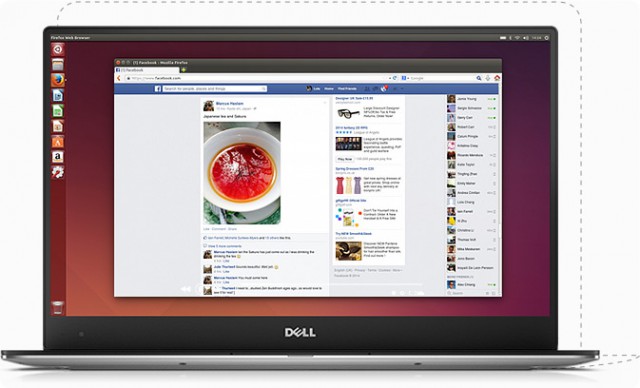
Dell releases Linux-based XPS 13 Developer Edition ultrabook
So, you want to run Linux on a cutting-edge ultrabook. Chances are you want to get a laptop with Windows on it, format the entire drive, and then install your favorite distribution. But be ready to also waste lots of time trying to get everything working as it should. Even today, you have to be prepared for debugging, installing drivers, making configurations and other things before you pull the plug.
Or, if you want a great Linux-based ultrabook that just works out-of-the-box you should first take a look at Dell's new XPS 13 Developer Edition. It comes with Ubuntu 14.04 LTS (Long-Term Support), and dedicated support from a team of Linux enthusiasts, so if anything goes awry you'll get someone who knows their stuff at the other end of the line. And it's available now.
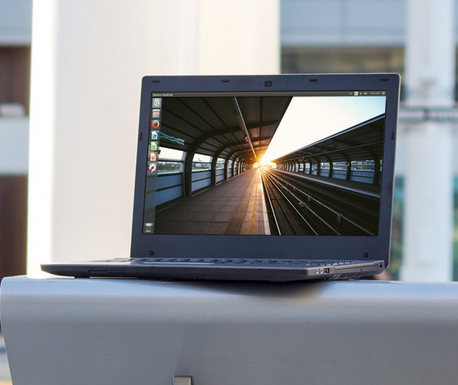
System76 unveils all-new Broadwell-powered Lemur -- an affordable Ubuntu Linux laptop
While many computer manufacturers are in a race to the bottom -- both in price and quality -- some makers continue to produce reliable high-quality machines. One of these manufacturers is System76. If you aren't familiar, it manufactures and sells desktops and laptops running the Ubuntu operating system. In other words, Linux fans can buy one of these machines and have it running the Linux distro out of the box -- no need to format the drive to remove Windows.
Today, the company announces the all-new Lemur -- a laptop with a Broadwell processor. The 14.1 inch laptop not only has solid specs, but an affordable price tag too. If you are a Linux fan in the market for a new laptop, you need to take a look.

GNOME 3.16 is here -- the best Linux desktop environment gets better
Linux-based operating systems are a staple in my computing life. With that said, as much as I love the kernel and associated distributions, my true love is the GNOME 3 desktop environment. While version 3 has historically been a rather polarizing desktop, its subsequent point releases have greatly improved its reputation.
Today, the desktop environment reaches version 3.16. With its new features, it is undoubtedly the best version yet.

Software vulnerabilities up 18 percent in 2014 and Microsoft isn't to blame
Errors in software, whether operating systems or applications, are usually the root cause of security issues, allowing hackers and cyber criminals a way in to systems.
In 2014, 15,435 vulnerabilities across 3,870 applications were discovered according to a new report from vulnerability intelligence specialist Secunia. That represents an 18 percent increase in vulnerabilities compared to the year before, and a 22 percent increase in the number of vulnerable products.

Fedora 22 reaches Alpha -- Linux fans, download it now!
While the world oohs and ahhs over the latest Apple hardware, the open-source community just keeps on trucking along. Rather than take out a mortgage for the new MacBook running OS X, Linux fans can take solace knowing that their favorite distros remain free and run great on less expensive hardware. In other words, the Linux community doesn't get fancy keynote addresses, but what it does get are solid products in both the kernel and associated operating systems.
My favorite Linux distro is Fedora, because it is free -- both in cost and ideology. The operating system ships without restricted or closed-source software; it is pure, modern and well-supported. Today, Fedora 22 achieves Alpha status, meaning the final version inches ever so closer. Will you give the pre-release operating system a try?
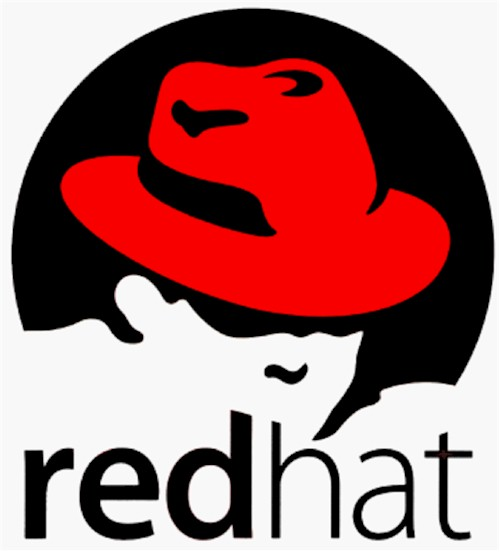
Red Hat Enterprise Linux 7.1 is here
Linux is so much more than nerdy guys tinkering in their mom's basement. While those people exist, major companies such as Google and Intel contribute to the project too. Why? Linux is essential for servers and other business cases too.
Red Hat is one of the most successful Linux-focused companies, and for good reason; their enterprise-class distro, Red Hat Enterprise Linux (RHEL), is rock solid, and more importantly, its support is legendary. Today, Red Hat announces the latest version -- RHEL 7.1.
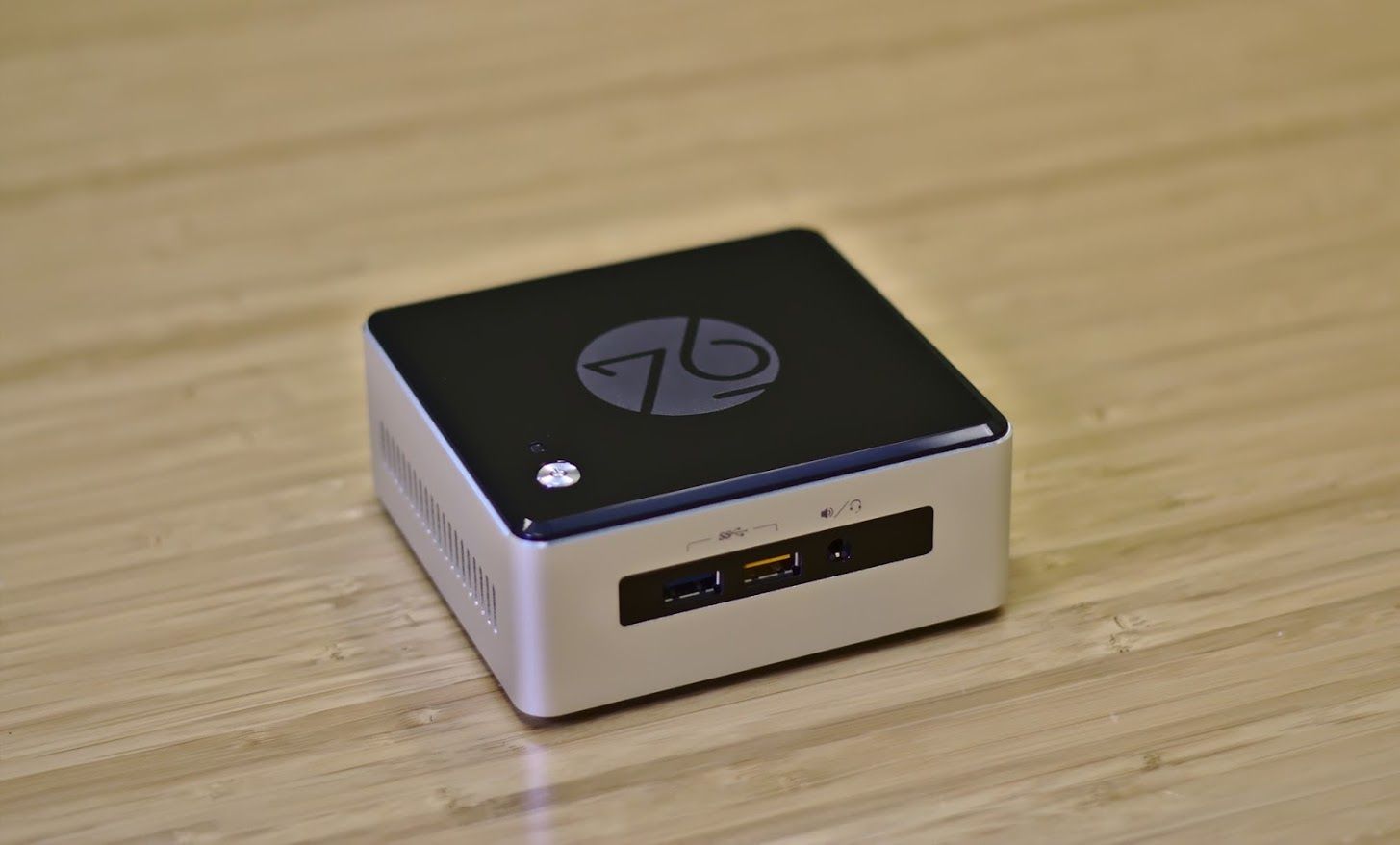
System76 unveils diminutive Broadwell-powered Meerkat Ubuntu Linux desktop
Buying a Linux-based PC usually means purchasing a Windows machine and replacing the OS with your favorite distro. While there is nothing terribly wrong with this practice, you are arguably paying for a Windows license that you will never use. In other words, the manufacturer is including the Windows fee into the overall cost. Not to mention, many Linux fans do not like Microsoft, and would prefer to not support the company. I am a Linux fan, but I like Microsoft products too.
Luckily, there are some manufacturers that make pure Linux-based computers, with one of the most popular being System76. This company manufacturers computers exclusively with Ubuntu. Today, the company teases a new small form factor PC -- reminiscent of Intel's NUC -- called Meerkat.
